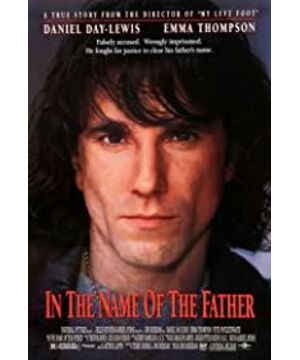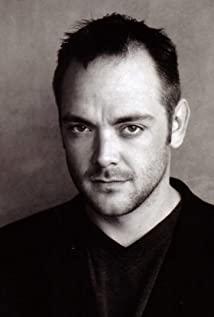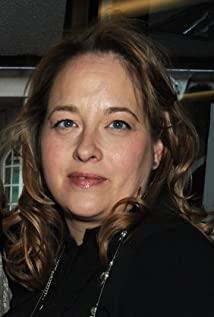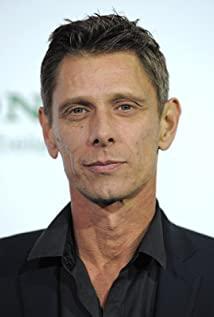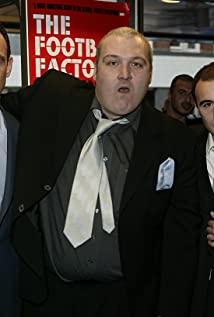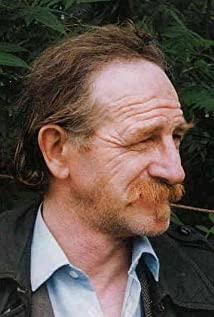I don't know if it was the right decision to watch In the name of the father at night. I cried from the middle of the story to the end. The relationship between father and son is actually very delicate. The son always fights against his father’s status when he is young, and engages in a tug-of-war with his father’s role. Then, as time goes by, this confrontation gradually becomes understanding, until the father starts to show weakness when he grows old, and the son Take over the role of father.
In "In the Name of the Father", the father Guiseppe is really great. He never gave up his faith and kindness, soothing Gerry's anger and fear. Light". When he saw that he knew that he was about to die, he showed weakness to his son for the first time, saying that he was afraid, for fear that when his wife was alone in the world, his tear ducts would be directly damaged. And Gerry also grew up slowly, taking on the beliefs and responsibilities of his father.
People will experience anger and despair to some extent, as well as the desire to destroy and burn everything; some people choose to throw their pain back into the world; some people go through extreme pain and still stare at the light, they are owed, they have reason to resent, and finally they choose to use kindness as an outlet. . Seeing Gerry recording in prison, talking and talking and pulling out the reel sadly, losing control of his emotions, it is hard to imagine how deeply their psychological trauma has been in 15 years. Gerry is still fighting the injustice after he stormed out of court, but I don't think he will vent the pain he's endured in a way that hurts innocents. And that's what his father taught him all his life.
31 years after the wrongful case, the wrongful prisoner received an official apology from the British government. And it is people like Gareth Pierce who have the same beliefs, who can put aside prejudice and find out the truth. Her soft, languid but firm eyes, that particular look, impressed me. I don't know if "the father" in the title of In the name of the father has a double reference, referring to both the victim's father and the heavenly Father (representing supreme justice)?
When I read "Law and Religion", I was most impressed by this passage: "In all cultures, law and religion share four elements: ritual, tradition, authority, and universality... These four elements give legal value the Sacredness . . . these kinds of sentiments, which are the necessary foundations of any legal order, cannot be adequately nourished by pure utilitarian ethics, but depend on belief in the ultimate justice inherent in themselves." And can this ultimate sense of justice come from the subtle divinity in human nature? Of course, different definitions of legal meaning will also lead to different understandings. "In the Name of the Father" is indeed worthy of being regarded as a wonderful court debate (not limited to this), which leads people to reflect on how the judiciary protects the rights of every citizen and maintains fairness.
View more about In the Name of the Father reviews


